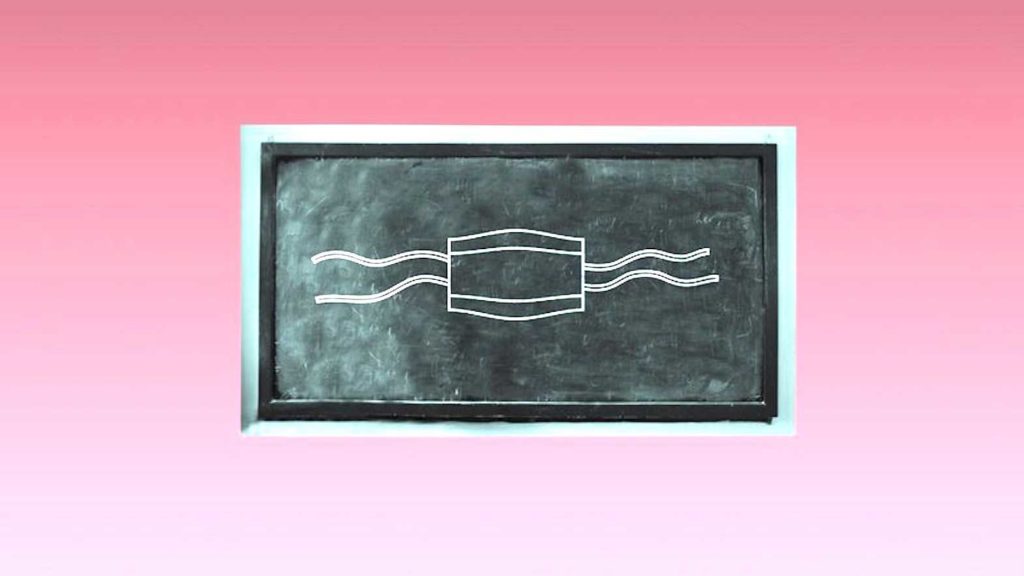What are the rules on masks in U.S. schools?

PETER HAMLIN / AP
What are the rules on masks in U.S. schools?
Whether students have to wear masks, and the trouble they could face if they don’t, depends on where they go to school.
The U.S. Centers for Disease Control and Prevention encourages masks for most students, especially when they are less than 6 feet apart. The exceptions are children younger than 2 and those with breathing problems or who can’t remove the mask without help.
But how states and districts interpret the guidance varies. Ohio mandates masks across the board in K-12 schools. Massachusetts requires masks for students in second grade and higher, and encourages them for younger children. South Carolina says students have to wear masks in the hallways, but can take them off in the classroom if a teacher allows it.
Rules vary outside the United States, too. In Germany, Berlin requires masks in hallways, but not during classroom instruction. In the western state of North Rhine-Westphalia, masks are required in class as well. In the northern Italian town of Codogno that was hit hard by the virus, elementary and middle school students have to wear masks. They can be lowered during lessons, unless students can’t maintain distance.
The issue has led to some contention. Back in the U.S., Utah’s school mask mandate has drawn protest from parents, as well as support from some students who say it’s worth it to be able to attend school in-person. The state also allows for some of the strictest consequences. Students and staff who refuse to follow the rules could be charged with a misdemeanor.
In New York City, officials say students will simply be sent home and told to attend school remotely if they refuse to wear masks.

